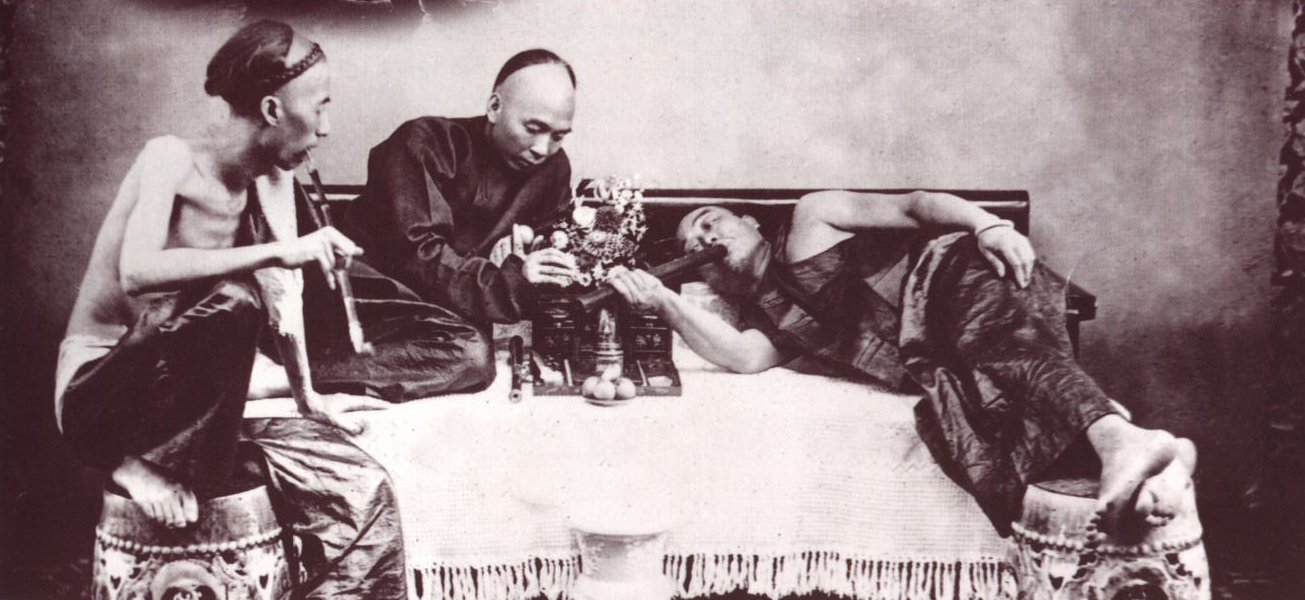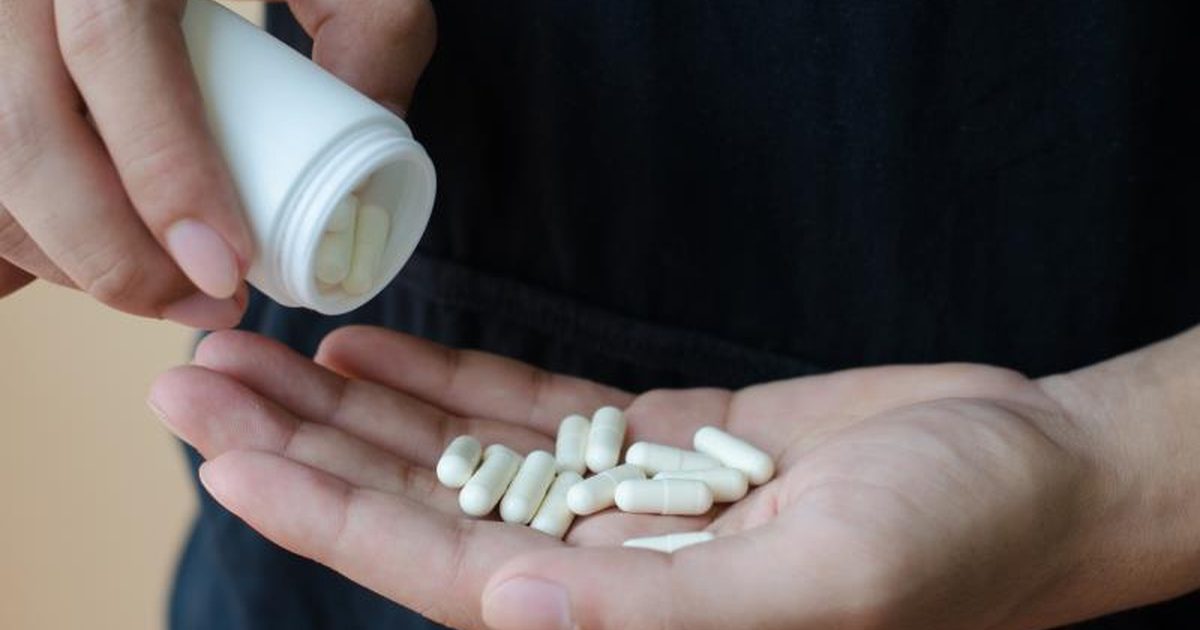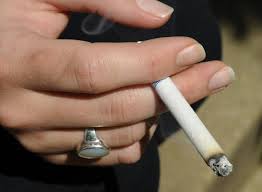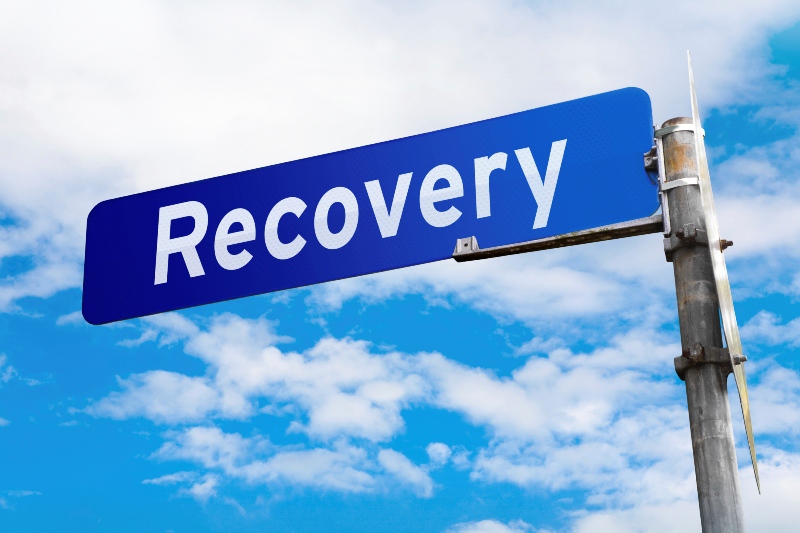Heroin addiction realities

Heroin addiction realities must first be accepted if any meaningful solution is to be arrived at
Heroin addiction realities: The heroin drug
In appreciating the power of heroin addiction realities, three things are worth mentioning. And speaking to doctor Dalal Akoury MD President and founder of AWAREmed Health and Wellness Resource Center, when it comes to drug addiction and more so heroin. We must understand its mode of administration, effects, and treatment.
Heroin addiction realities: What is heroin and how is it used?
Heroin is an illegal, semi-synthetic drug processed from morphine, a substance extracted from the opium poppy. It is used as a recreational drug for the intense feelings of relaxation and euphoria it induces. Heroin is typically sold as a white or brownish powder or as a black, sticky substance known as “black tar heroin.” Most street heroin is “cut” with other drugs or with substances such as sugar or starch. Heroin can also be cut with poisons like strychnine.
Heroin is usually dissolved and injected, or the powder is snorted or smoked. All forms of heroin are psychologically and physically addictive, and a tolerance to the drug builds quickly. IV or intramuscular heroin use poses special problems because of the potential for transmitting infectious diseases. Over the past decade, researchers have observed a shift in heroin use patterns, from injection to snorting and smoking. With this shift comes an even more diverse group of users.
Heroin addiction realities: Effects of heroin use
Short-Term Effects: Soon after administration, heroin crosses the blood-brain barrier. Users report feelings a surge of intense pleasure (a “rush”). This is usually accompanied by a warm flushing of the skin, dry mouth, and a heavy feeling in the extremities. Nausea, vomiting and severe itching may also occur. After the initial effects, the heroin user will typically be drowsy for several hours. Mental function is clouded by heroin’s effect on the central nervous system. Cardiac function slows. Breathing also slows sometimes to the point of death. The following are some of the short-term heroin effects:
- Euphoria
- Depressed respiration
- Flushed skin
- Clouded mental functioning/sedation
- Nausea and vomiting
- Suppression of pain
- Infectious diseases
Long-Term Effects: One of the most harmful long-term effects of heroin abuse is addiction itself. Addiction is a chronic disease, characterized by compulsive drug seeking and use despite negative consequences, and by changes in the brain. Heroin also produces profound degrees of tolerance and physical dependence, which contributes heavily to abuse. Painful withdrawal symptoms occur if use is reduced abruptly. The following are some of the long-term effects of heroin:
- Addiction
- Problems with the heart, liver, and kidneys
- Overdose Risk
- Infectious diseases, for example, HIV/AIDS and hepatitis
- Collapsed veins
- Abscesses (at injection sites)
- Arthritis and other rheumatological problems
- Infection of heart lining and valves
- Depressed lung function
We will be discussing the last bit of treatment in the next posting and you don’t want to miss that. In the meantime, you can schedule an appointment with doctor Akoury should you have any concern about this discussion or any relating to any kind of addiction.
Heroin addiction realities: The heroin drug
http://regenerativepotential.com/wp-admin









